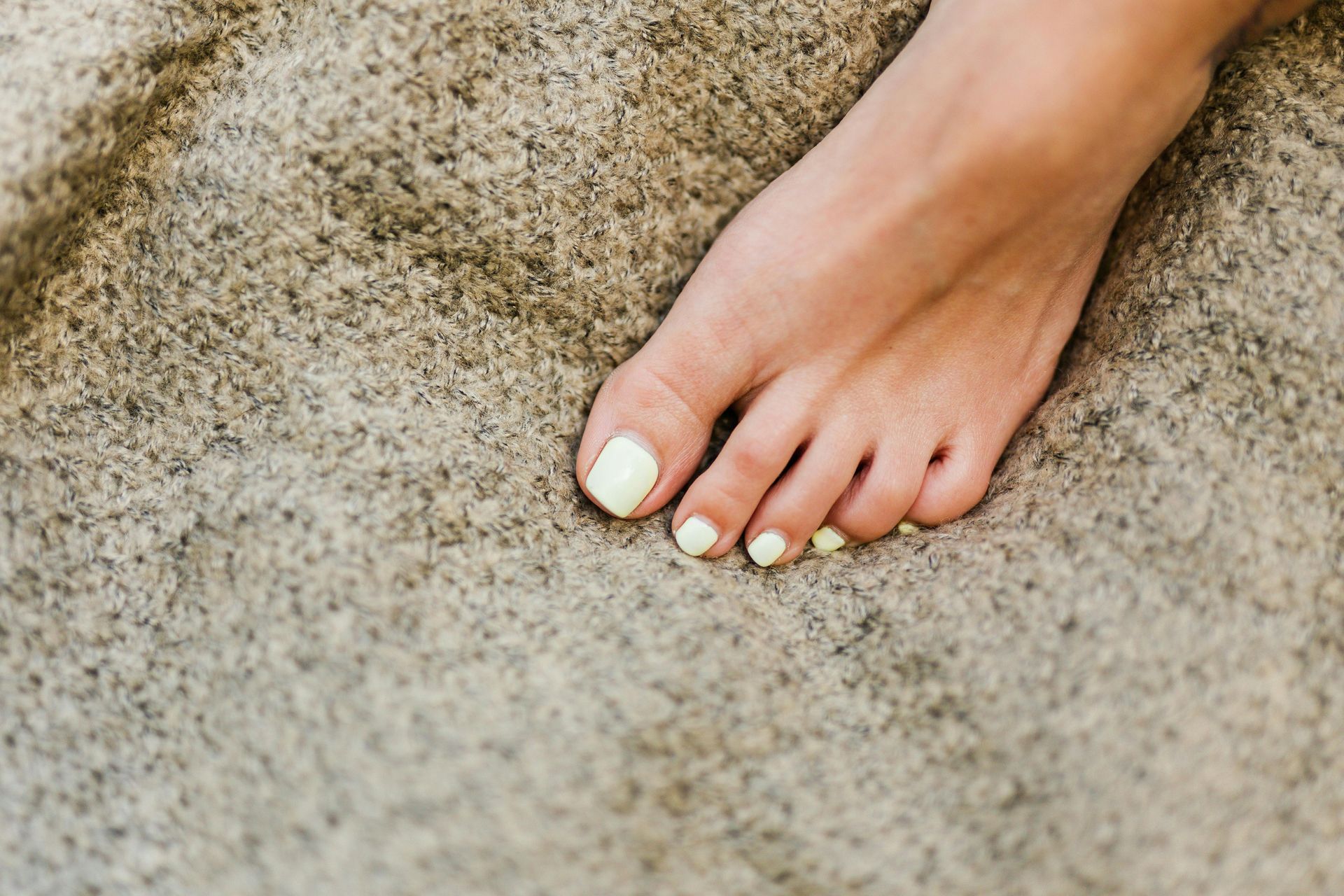Weak Upper Body? Check this out!
Jane Arlow • January 24, 2021
When was the last time you put any weight through your arms and shoulders?
How did it feel? Did it feel great? If you're shaking your head right now, then this is for you!
Before I start getting on to how we might make it feel better, let me share some of the reasons why it might not feel great..
Are you getting older?
Did you know that at some point in your thirties, you start to lose muscle mass and strength? If you're inactive, you'll lose between 3-5% a year. Even if you're active, you'll still lose some muscle mass. Sadly, in women, the place where we lose that muscle mass quickest, is the upper body and shoulders.
That means that it's super important that we don't let these muscles get away from us! Who wants to be the old lady who can't get up off the floor?!
Do you spend a lot of time at a desk, on your phone or tablet or in the car?
It's likely that you're rounded through the shoulders and tight through the chest. So, when you do put weight through your upper body, your posture may inhibit you doing it in the most effective way.
Do you feel it predominantly in your arms, wrists or shoulders?
Could be that your technique needs a little buff up!
OK, so let's get down to specifics, what can we do to make it feel better?
I have a few favourite exercises and stretches that are going to help you improve your ability to load weight through your upper body.
T to I
- Did you know that there are about 17 muscles attached to your shoulder blades? This exercise is designed to activate pretty much all of them. If you spend a lot of time hunched over desk/ phone, these particular muscles are not used to firing up and it's going to be hard. If you're new to them, try them unweighted first.
Renegade Rows - Similar to the exercise above, this targets the muscles round the shoulder blades. This particular version is done from a plank, but it can be done from all fours.
Open arm clam variations
- These mobility drills not only encourage you to stretch your chest muscles, but also encourage shoulder joint range improvements.
Chest & shoulder opener
- like the T to I, when you watch someone else doing this stretch, you'll think "what is that actually doing?". Try it.
Done all of those? Great, then let's talk technique.
When you're doing any exercises that involve you putting some weight through your upper body chances are that they require you to use other muscles too.
Let's take your bog-standard plank as an example. For this classic exercise, you need to use your abs, glutes, quads, pecs, deltoids, triceps and a cheeky little set of muscles called "serratus anterior" that can be found at the side of your ribs, just under your armpits.
How do you activate all of these?
Check out this cheat sheet
where I explain how to prep and diagnose your planking problems. You'll want to get someone to take some photos of your planks from side, front and top to identify where you need to pay attention. I promise that once you start focusing on the set up, you'll find that not only planks, but down and up dogs and other similar upper body loaded exercises will feel better.
Want some specific advice for your posture or technique? Contact me
and let me give you an expert eye over and help you to improve.










